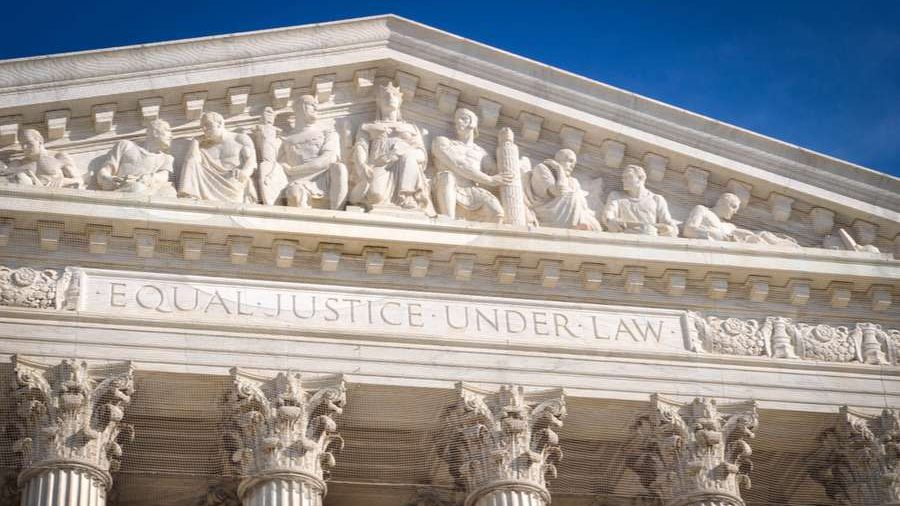The Supreme Court on Tuesday declined to fast-track hearing a new appeal of the Affordable Care Act. The decision comes after the act’s individual mandate was struck down by a federal circuit court.
In December, the Fifth Circuit Court of Appeals struck down the Affordable Care Act’s individual mandate and sent the case back to the district courts to decide if the rest of the law could still be enforced without the mandate.
In 2012, the Supreme Court upheld most of the law, ruling the individual mandate a “tax” that was within Congress’ authority to require. Once the Trump administration removed the penalty for not complying with the mandate, the state of Texas sued the Trump administration, arguing that the penalty was no longer a tax.
The Fifth Circuit’s decision was appealed to the Supreme Court. After the decision, members of the House of Representatives joined 19 states along with the District of Columbia and Democratic Governor Andy Beshear of Kentucky, in asking the Supreme Court for expedited consideration of the appeal.
The 19 states were California, Colorado, Connecticut, Delaware, Hawaii, Illinois, Iowa, Massachusetts, Michigan, Minnesota (by and through its Department of Commerce), Nevada, New Jersey, New York, North Carolina, Oregon, Rhode Island, Vermont, Virginia, and Washington.
“Because of the practical importance of the questions presented for review and the pressing need for their swift resolution by this Court, petitioners respectfully request that the Court consider the petition on an expedited schedule described below and, if the Court grants the petition, that it set an expedited merits briefing and oral argument schedule so that it may decide the case this Term,” the states argued.
The law was enacted in 2010, at which time the U.S. bishops’ conference supported its goals of expanding affordable health coverage, but ultimately opposed the law in part because it lacked safeguards against the coverage of abortions by taxpayer-funded health plans.
The current case of the ACA is related to, but distinct from, the case of the Little Sisters of the Poor who are back at the Supreme Court again.
Under the ACA’s preventative services mandate, the Obama administration interpreted the law to require coverage of contraceptives, sterilizations, and abortion-causing drugs in employee health plans.
The contraceptive mandate was at first written with narrow religious exemptions. A subsequent “accommodation” proposed by the Obama administration also failed to protect religious non-profits, including the Little Sisters of the Poor, who said they would still be culpable in the coverage of morally-objectionable procedures.
The sisters, along with hundreds of other non-profits and for-profit businesses and corporations, sued the administration. Although the Trump administration eventually offered expanded religious and moral exemptions to the sisters and other objecting groups, Pennsylvania and California then sued the administration over the broadened religious exemption.
In 2018, the Supreme Court allowed the Little Sisters to intervene in their own case, and last week the Court agreed to hear oral arguments in their case.

